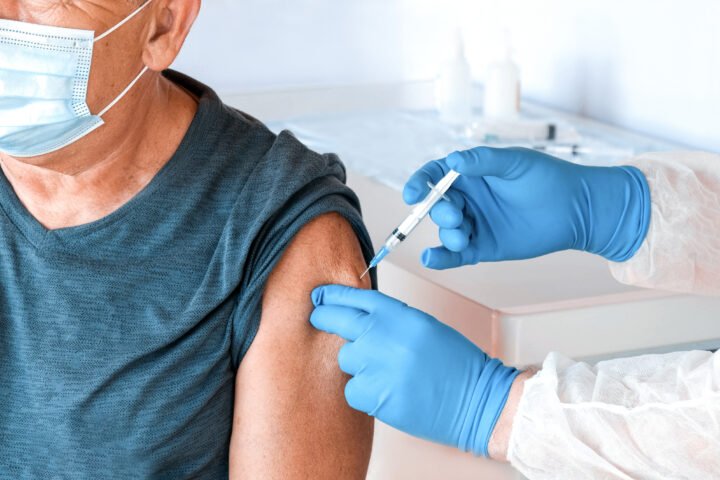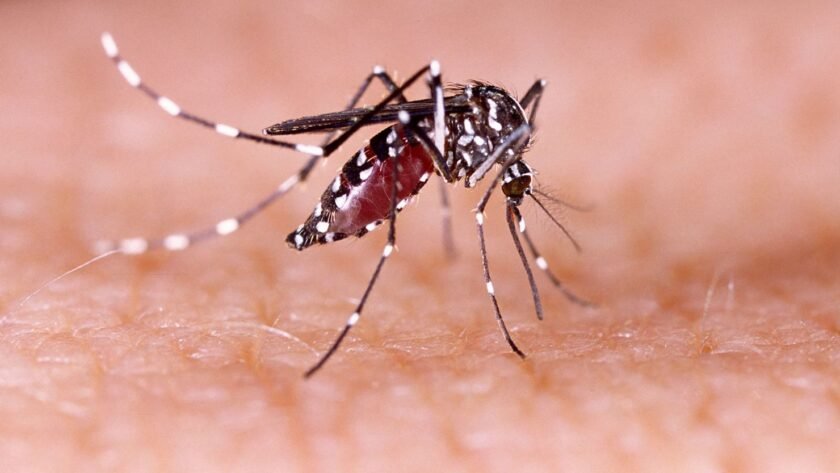The U.S. Centers for Disease Control and Prevention (CDC) is now advising seniors and people with compromised immune systems to receive two COVID-19 shots this respiratory virus season, spaced six months apart. This additional dose is recommended to help protect vulnerable groups from the disease, especially given the potential for another surge during the holiday season.
Why More Than One Shot?
The CDC’s recommendation comes after a summer spike in COVID-19 cases that led to increased hospitalizations among high-risk groups. While infection rates are currently low, experts worry they may rise again due to increased travel and gatherings. The CDC also suggests that immunocompromised individuals, such as those with cancer, may benefit from three or more doses over the season, depending on their immune status and exposure risk.
“COVID-19 hospitalizations are predominantly among seniors, with around 70% of cases affecting people aged 65 and older,” explains Dr. Yvonne Maldonado, an infectious disease specialist at Stanford University. According to Maldonado, additional shots could significantly reduce hospitalizations in these vulnerable populations. She notes that vaccine-generated immunity declines after four to six months, so an additional dose could offer protection against multiple COVID-19 peaks throughout the year.
Does the New Shot Provide Effective Protection?
The current mRNA vaccines from Moderna and Pfizer-BioNTech target the KP.2 variant, while Novavax’s vaccine targets the JN.1 variant—although neither is the dominant strain in the U.S. at present. The KP.3.1.1 variant is now responsible for almost 60% of cases, with the XEC strain also becoming more prevalent. Despite this, all these variants are related Omicron subvariants, so the updated vaccines should still provide significant protection against severe illness. “The vaccine reduces hospitalizations and the risk of death,” says Dr. Steven Furr of the American Academy of Family Physicians, adding that vaccinated individuals are less likely to experience severe illness even if they do contract COVID-19.
Older adults and those with underlying health issues like diabetes or hypertension are especially at risk. “For people with weakened immune systems, even a mild COVID-19 infection can lead to serious complications,” Furr notes.
Ensuring Enough Vaccine Supply
While vaccination rates remain relatively low, seeing close contacts infected is prompting more people to seek COVID-19 shots, often along with their flu vaccines. However, Dr. Furr and other physicians report challenges in obtaining adequate vaccine supplies. “In our practice, we ordered 100 doses but only received them gradually, which didn’t meet the immediate demand,” he says. Furr emphasizes the importance of ensuring family doctors have sufficient doses, as many patients prefer discussing vaccination with their primary care physician rather than going to a pharmacy.
Dr. Mandy Cohen, CDC Director, underscored the value of additional doses for vulnerable groups, stating, “These options allow people to make informed decisions about protecting themselves and their loved ones from severe illness.”



